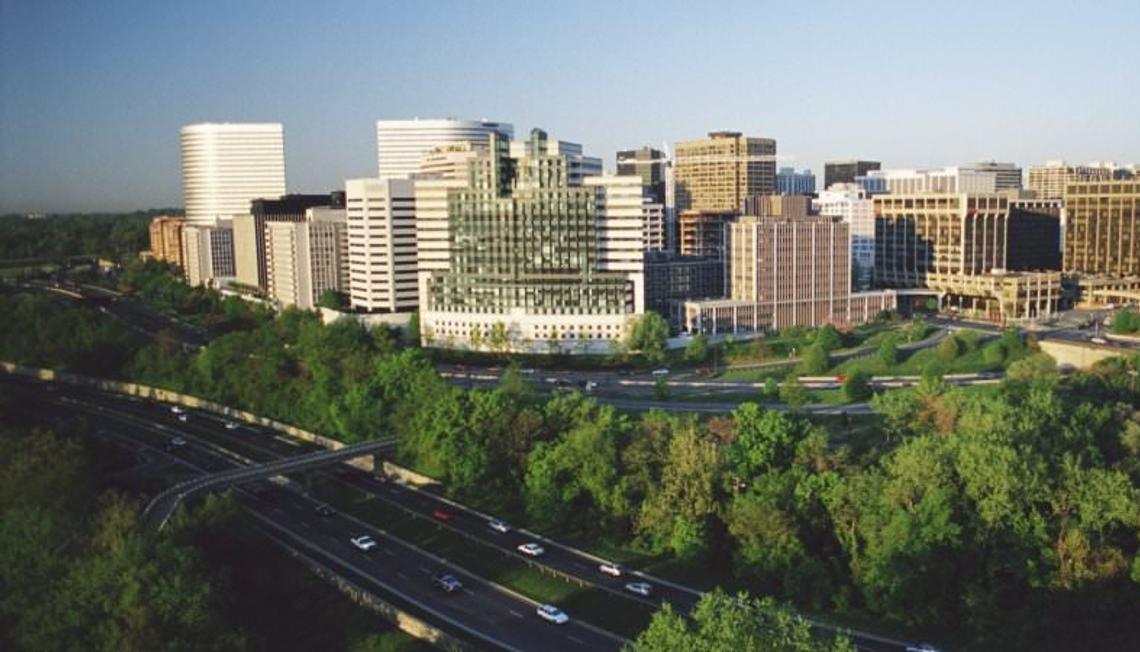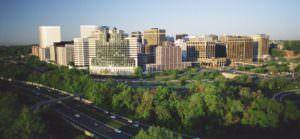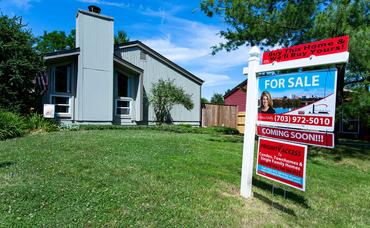The Washington, D.C., suburbs might seem like an unlikely hotbed of entrepreneurial activity, but a group of business-minded folks in Arlington, Virginia, are trying to transform the august county into a center of innovation.
Arlington, a county of more than 210,000, is home to a community of entrepreneurs eager to dispel the notion that successful startups must begin in Silicon Valley. Earlier this month, Arlington Economic Development launched Startup Arlington, a contest aimed to attract fledgling companies to the area. The winner — to be announced at the end of October — will receive three months of free office and living space.
But startups don’t need free office and living space to find success in Arlington. The county counts an impressive 23 companies on this year’s Inc. 5000 list of America’s fastest-growing private companies, including No. 83 Excel Group, which generated $16.6 million in 2014 revenue. And energy startup Opower, which had $88.7 million in revenue in 2013, went public last year.
Here are some reasons Arlington has become so startup-friendly.
Close proximity to big-city resources — without the big-city traffic.
The founders of Distil Networks, a cybersecurity startup that’s raised $38 million in funding, didn’t need much convincing to make Arlington the home for their company headquarters. CEO Rami Essaid says he and his two co-founders, who were scattered among North Carolina, California, and Virginia, chose the county for its easy access to D.C. — the nation’s capital is just a breezy 15-30 minute metro ride away.
Donna Harris is the co-founder of 1776, a D.C.-based incubator and investment firm that recently expanded into Northern Virginia. She says that breaking into the Arlington startup scene has allowed the firm to interact with a more diverse pool of startups. (Founded in 2013, 1776 already has invested in six businesses in the county.) While the firm hasn’t had an official grand opening for its Arlington location yet, Harris says many of the entrepreneurs who used to come to 1776’s D.C. campus for events are now coming to Arlington.
Arlington also provides a robust customer base. The county is home to the Pentagon, and is a stone’s throw from other powerful government agencies that a fledgling company would love to sign up as clients. Essaid says that especially for cybersecurity companies like Distil or ThreatConnect, which closed a $4 million Series A round in December, Arlington is the place to be in order to stay close to your customers.
A whip-smart talent pool.
A whopping 71 percent of Arlington residents age 25 and older have a bachelor’s degree or higher, making the area a corporate recruiter’s dream. But Essaid says it’s the startups in Arlington that are attracting the area’s brightest workers. “Everyone works for the government or a government contractor, and it’s a very boring job,” he says. “You come into our office with an open-floor layout and ping-pong tables and everybody’s in shorts, and people don’t want to leave. In San Francisco, that’s like table stakes. In Arlington, that’s unique.”
Essaid also notes he’s found that employees in the area view working at a startup as a long-term commitment. “We don’t find a culture of ‘I’m going to be at a place for 12 months and then move on to the next startup,'” he says. “People in Arlington, they really want to grow in a career, they want to develop themselves, they want to stay with a company.”
Support from top companies and government agencies.
Harris says that government officials in Arlington have realized that attracting young businesses through contests like Startup Arlington is a key to ensuring their county’s success. The county also launched a $700,000 public-private partnership fund last year to lure tech startups to the area. And for those who can’t afford Arlington’s high rents ($1,807 per month for the average apartment, according to Rent Jungle), help is on the way. Shared workspace provider WeWork is working with Arlington real-estate developer Vornado to make Arlington home to one of the company’s first WeLive spaces, a new hybrid living/working space.
Yet old habits don’t die easily. Both Harris and Essaid say the county still suffers from a relative lack of venture capital money. And because Arlington is home to many government employees, many of whom have built their careers on maintaining the status quo, Harris says not everyone understands how important startups are to the Arlington economy. “We think that’s going to change as more success stories happen and more startups get press,” Harris says.
[h/t] Inc.





